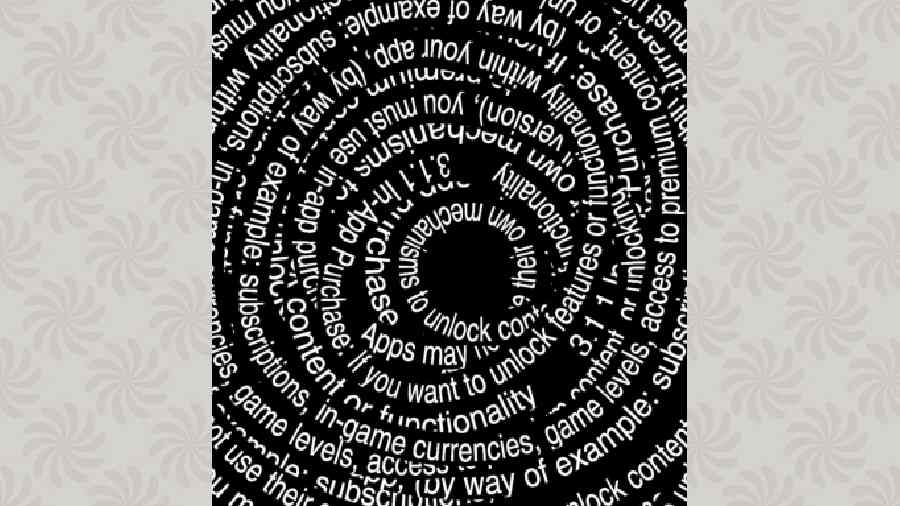Apps have become a huge economy, but the rules that govern them are difficult to understand. Apple and Google have twisted the rules for their app stores like a pretzel. This has made buying digital stuff in apps convoluted as heck.
One example: in theory, although not yet in reality, you can use your Amazon account to buy an e-book from Kindle’s iPhone app. You cannot buy an e-book in the Android version of the app. Until recently, Kindle purchases were effectively a no-go under Apple’s rules but fine under Google’s. Now it’s the opposite.
Confusing? Yep. Apple and Google have long, complicated app guidelines and frequently revised them for their own interests.
Today, it’s easy peasy to subscribe to a podcast in Patreon’s iPhone app. Apple allows Patreon to take your personal information and credit card details. But buying other types of digital subscriptions can be very different. If you buy a platinum membership to Tinder in the iPhone app, you are effectively signing up with Apple, and Tinder is on the sidelines.
Today, it’s easy peasy to subscribe to a podcast in Patreon’s iPhone app. Apple allows Patreon to take your personal information and credit card details. But buying other types of digital subscriptions can be very different. If you buy a platinum membership to Tinder in the iPhone app, you are effectively signing up with Apple, and Tinder is on the sidelines.
For now, paying for Tinder through its Android app is more like how Patreon works. But that’s only because Match Group, Tinder’s parent company, has sued Google to stop the company from changing its rules
I could bore you with details of why Apple makes a distinction between buying a subscription from Patreon and buying one from Tinder. There is logic behind why you can buy a paperback copy of 1984 from Amazon’s Android app but not the e-book edition, and why new Netflix subscribers used to be able to sign up from its Android app but now can’t. Or, sort of can’t. It’s another pretzel twist.
It took me hours of phone calls and sleuthing to figure out all the details you just read. If so many rules, exceptions and explanations are needed to buy things from an app in 2022, perhaps the logic of the app economy is illogical.
For years, some companies that make apps have griped about how Google and especially Apple control many aspects of this economy. They both dictate which apps we can download easily through their app stores and when they directly handle purchases that we make through apps.
If we use an app to buy stuff that exists in the real world, such as an Uber ride, those purchases bypass Apple and Google. The fight is over buying things that we use digitally, such as a trinket used in a smartphone app game or a dating app subscription.
Distinctions that seemed sensible when Apple created its app storefront in 2008 don’t necessarily fit the modern digital economy.
I’ve written before about YouTube video creators who can’t understand why Apple or Google is entitled to a chunk of the money — potentially forever — that their fans pay them through an app.
In the Zoom-everything age, does it make sense to have different rules, as Apple sought to have, for, say, buying gym classes to take in person and those you take virtually at home? Why aren’t apps like Facebook that make money from advertisements handing a chunk of revenue to Apple and Google, but those that sell digital subscriptions are?
And the app rules often change, creating more complexity. This month, Google put in place tighter restrictions so it must handle the purchases of more digital stuff in apps and take a cut.
Again, there is some sense behind all of these pretzel twists. Apple and Google want to avoid letting major smartphone video games, the biggest moneymakers, bypass their regulations and fees. They say they are trying to respond to complaints that they have too much control or that they burden small businesses.
But the more concessions Apple or Google make to mollify angry governments and some developers but not others, the more arbitrary their logic can seem.
NYTNS











